Sports Sleep Optimisation
The steps to better sleep
Home Sleep Test
-
WatchPAT is an FDA and DOT approved portable sleep apnea diagnostic device. Its innovative technology ensures the accurate screening, detection, and follow-up treatment of sleep apnea.
Accurately measures for sleep apnea based on up to 7 different factors: PAT signal (peripheral arterial tone), heart rate, oximetry (blood oxygen level), actigraphy (gross motor activity), body position, snoring, and chest motion.
Measures true sleep time, sleep architecture, and central sleep apnea.
Validated against standard polysomnography (PSG).
-
The portable monitoring device fits like a wristwatch.
Three points of contact: wrist, finger, and neck.
No nasal tube or uncomfortable body strap required.
Testing done in the comfort of home, the environment that best reflects your natural sleep patterns.
Test completed in one night of sleep.
-
Individuals with undiagnosed sleep apnea who don’t want to spend the night away from home in a sleep lab for overnight monitoring.
Adults age 18 or over.
Patients who are waiting for a sleep apnea diagnosis but can’t get a nocturnal polysomnography (PSG) test due to sleep center backlog.
Anyone experiencing these unexplained symptoms of sleep apnea:
Snoring
Long pauses in breathing and violent snorts, gasps, or moans during sleep
Restless sleep
Morning headaches
Morning sore throat or dry mouth
Frequent awakening to urinate
Memory impairment
Erectile dysfunction
Chronic fatigue
Headaches
Anxiety
Depression
Drowsy during the day
What is the home sleep test?
What is the home sleep test?
We run home sleep test to find out key information on how you sleep. These are small watch-like devices that are worn on your wrist overnight. This is cutting-edge technology that gives extraordinarily detailed information on your sleep - which is a fascinating thing to uncover, and a vital step in the diagnosis of many sleep disorders, especially obstructive sleep apnea.
The home sleep test measures a number of different things:
Blood oxygen levels
Heart rate
Action of part of your automatic nervous system (called peripheral arterial tone, or PAT)
Movement (known as actigraphy)
Snoring pattern and volume
Chest movement and breathing effort
Body position
This information is put together to decide on whether your body is going through the repeated episodes of stopped breathing, or other changes associated with different sleep disorders. This is in addition to the fascinating details on your nightly sleep architecture including the amount of time spent in the different stages of REM and non-REM sleep (also known as light, deep and dreaming sleep). We go into more detail on the science of sleep here.
How to use the home sleep test
The easy-to-use, FDA-approved WatchPAT can give a full picture of your sleep health in one night.




